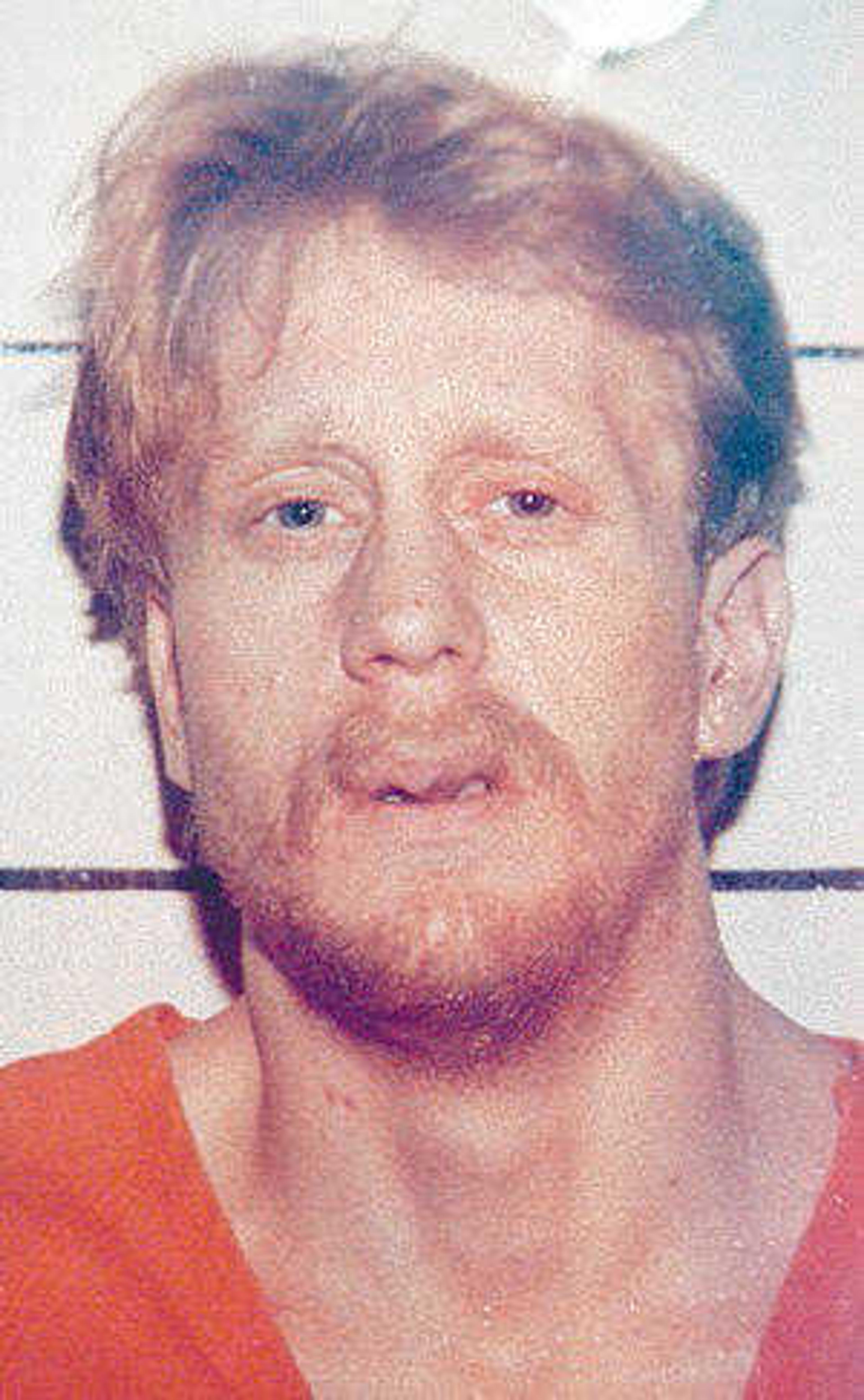Koster urges Supreme Court to set execution dates for Bucklew, others
Russell Bucklew has sat on death row for 15 years awaiting his sentence for what local law enforcement officials describe as one of the worst Cape Girardeau County crimes of the past few decades. Now, if Missouri Attorney General Chris Koster gets his way, Bucklew's wait is about to end...
Russell Bucklew has sat on death row for 15 years awaiting his sentence for what local law enforcement officials describe as one of the worst Cape Girardeau County crimes of the past few decades.
Now, if Missouri Attorney General Chris Koster gets his way, Bucklew's wait is about to end.
Koster's office has filed a motion with the Missouri Supreme Court that asks for execution dates for Bucklew and 18 other condemned killers. The motion seeks execution dates for nine men and renews previous attempts to get dates for 10 others, which includes Bucklew. The attorney general's office previously filed a motion asking for an execution date for Bucklew in 2007.
"Some will say that our actions to bring so many names before the Supreme Court appears harsh," Koster said in an interview Friday. "However, there are 19 individuals on death row at the present time and, importantly, 10 of those names have been before the Supreme Court for execution dates to be set for extended periods of time. One of the goals we are attempting to accomplish with this filing is to indicate that being silent in these matters is no longer an option for the court."
Bucklew, a former electrician who grew up in Lincoln County, was sentenced in 1997 for crimes he committed in Cape Girardeau County. Bucklew was convicted of shooting Michael Sanders to death and then beating and abducting a woman who was Bucklew's ex-girlfriend. Bucklew raped the woman and took her with him as he drove toward St. Louis. Bucklew was apprehended after a gunfight with police officers. Bucklew escaped from the Cape Girardeau County Jail before his trial but was later captured.
Beth Riggert, spokeswoman for the Missouri Supreme Court, declined to speculate on why execution dates have not been set for the 10 earlier inmates. As for the nine new ones, she said each has five business days to respond to Koster's call for execution dates.
"The court will rule when it deems it appropriate," she said.
Meanwhile, Missouri's next execution will apparently use a new process. Previously, the state used a three-drug protocol. But a shortage of one of those drugs, sodium thiopental, has prompted the state to go to a single-drug method.
Between 1989, when executions resumed in Missouri, and 2005, the state put to death 66 convicted killers. But in the seven years since then, only two men have been executed -- Dennis Skillicorn in 2009 and Martin Link last year.
Death penalty opponents have filed several claims that lethal injection violates a constitutional guarantee against cruel and unusual punishment, saying it potentially causes extreme pain that the drug-induced inmate cannot articulate. A 2010 ruling by the U.S. Supreme Court cleared the use of the drugs.
Then a shortage of one of the three drugs occurred. But Missouri recently revised its protocol and will now use just one drug, propofol (marketed as Diprovan), which will be administered intravenously.
Those issues may have been factors on why the Missouri Supreme Court has failed to set execution dates, Koster said.
"All of this cannot be laid at the court's feet, that is true," Koster said. " ... But we believe those legal impediments have now been cleared. I would think the Supreme Court would set dates quickly."
The son of Bucklew's victim, Zach Sanders, said he was glad to hear that Bucklew's sentence may soon be carried out. Sanders, who was 4 at the time of Bucklew's crimes, watched Bucklew come into his home and shoot his father.
"It's about time," Sanders said. "It's kind of ridiculous how long it takes."
Cape Girardeau County Prosecuting Attorney Morley Swingle agreed, saying that long waits hamper any deterrent effect having a death penalty has. Swingle has even suggested the creation of another federal appellate court directly beneath the U.S. Supreme Court. Bucklew, for example, would have had an appeal to the Missouri Supreme Court and then an appeal to what Swingle called the death penalty court. His plan would allow death penalty appeals to take only two years.
As it is, Swingle said that Bucklew is a good example of why the death penalty is needed.
"I just think he's a truly dangerous individual," Swingle said. "He's clearly one that if he gets out, you'd have to worry about who he's coming after next. A murder in the course of a kidnapping as he did is a type of crime you want the death penalty for."
The Associated Press contributed to this report.
smoyers@semissourian.com
388-3642
Connect with the Southeast Missourian Newsroom:
For corrections to this story or other insights for the editor, click here. To submit a letter to the editor, click here. To learn about the Southeast Missourian’s AI Policy, click here.










